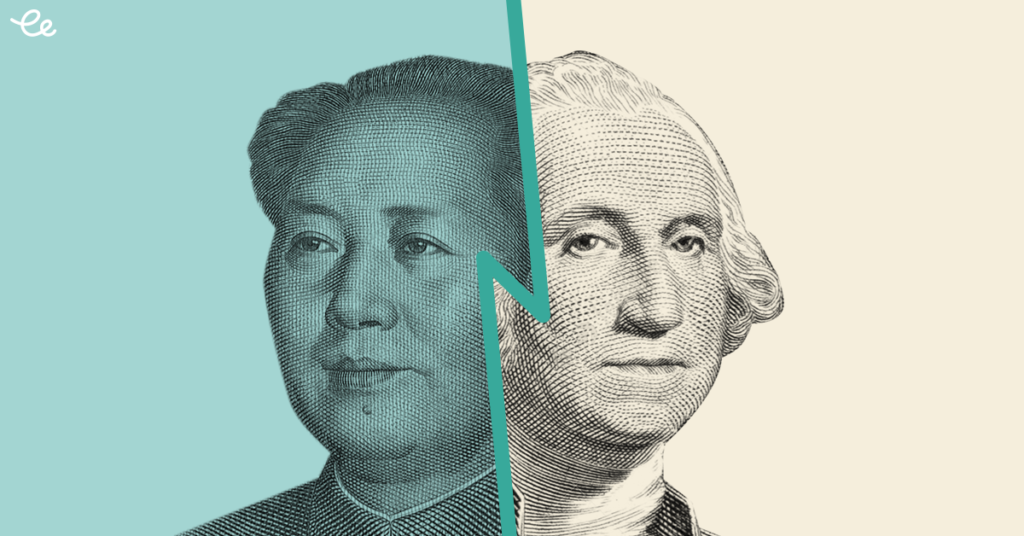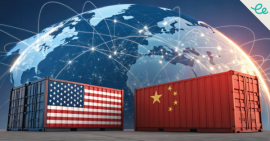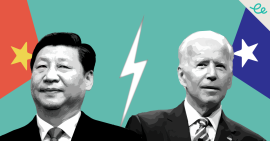Despite some talk of co-operation over Covid-19, warring words and mass expulsions of US and Chinese journalists highlighted the turmoil of US China relations. Diplomatic ties between the world’s two largest economies reached their lowest ebb in more than 30 years, declared the FT. This article is a summary of important China US news in March 2020.
After the G20 virtual meeting of global leaders, the two most important attendees spoke by phone. Xi Jinping called for concrete US steps to push forward cooperation to contain the pandemic, and promised China was “willing to continue to share information and experience with the United States without reservation.” Donald Trump refrained from calling Covid-19 the “Chinese virus”, and claimed “we are working closely together. Much respect!”
The crisis represents Trump’s biggest test yet on US-China relations. His administration pushed the UN Security Council to call attention to the Chinese origins of the coronavirus. The US ambassador to London wrote that China had endangered the world by suppressing information. Beijing has moved on from cover-up to become a global donor in a soft power play to restore its reputation and fill the leadership vacuum left by the US.
Beijing withdrew the press credentials of at least 13 American journalists at three US newspapers, intensifying a bitter fight that has widened to include the coronavirus outbreak and media freedoms. As Trump angered Beijing, and raised the risk of racist abuse everywhere, by repeatedly calling Covid-19 the “Chinese virus”, the war of words included a tough phone call between Secretary of State Mike Pompeo and China’s Yang Jiechi over Beijing’s efforts to shift blame for the spread of the coronavirus.
A Chinese Foreign Ministry spokesman spread conspiracy theories that the US military planted the coronavirus in Wuhan, while senior US officials increasingly described Covid-19 as the “foreign”, “Chinese” or “Wuhan” virus. If the epidemic “leads to mass casualties and sustained economic damage in the US then prepare for things to get really ugly” between the two, warned China watcher Bill Bishop.
US lawmakers proposed legislation aimed at preventing goods made from forced labour in China’s Xinjiang region from reaching the USA. The bipartisan Congressional-Executive Commission on China (CECC) said forced labour inside and outside of internment camps was part of “systematic repression” of minority groups in Xinjiang. Nike said it’s reviewing its supply chain in China.
“There is a new Cold War,” warned Florida senator Rick Scott, but Washington won one round – slowing China’s march to dominate UN bodies – when Beijing’s candidate failed to take over the UN intellectual property body. Pompeo asked Beijing to take a fairer approach toward American media working in China, after the US slashed the number of Chinese media visas in the USA following Beijing’s expulsion of three Wall Street Journal reporters.
China’s Foreign Ministry asked the US for a “clear explanation” after claims the CIA had been hacking Chinese targets. Beijing’s outsized ambition and “off the charts” shipbuilding capabilities are making it a formidable adversary, said the top US naval official. China considers the resurgent Joe Biden more “predictable and reasonable” in dealing with US-China relations than rival Bernie Sanders or incumbent President Trump, said Chinese analysts.









Comments are closed.